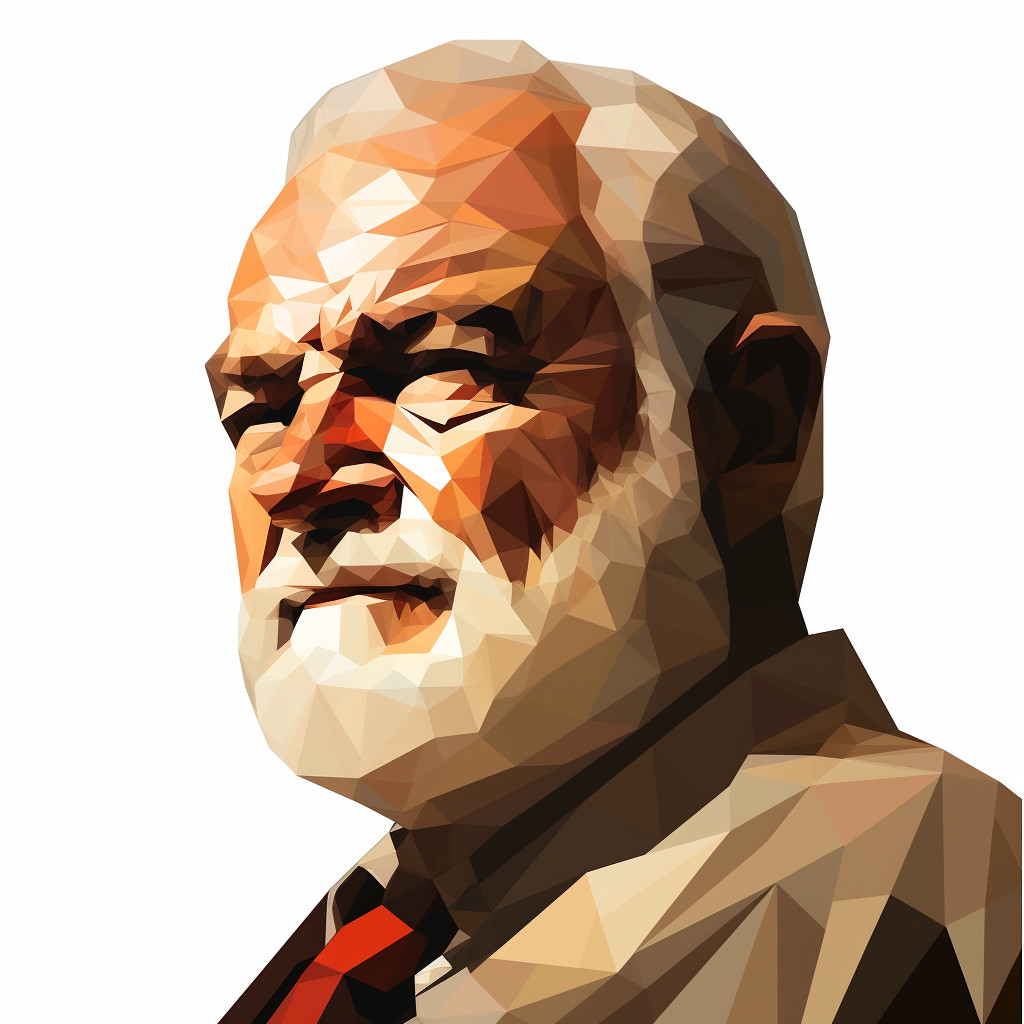This quote speaks to the inherent discomfort many people feel when they have to let go of things, be it physical possessions, memories, or relationships. The man’s statement reflects a deep-seated fear of loss and change, a reluctance to move forward and embrace the unknown. It also suggests a desire for control and permanence in a world that is inherently transient and unpredictable.
In the context of personal development, this quote can be seen as a reminder of the importance of adaptability and the ability to let go. Often, personal growth involves leaving behind old habits, beliefs, or relationships that no longer serve us. Clinging to the past can hinder our progress and prevent us from fully embracing the present and future. It’s important to remember that change is a natural part of life and that it’s okay to leave things behind in order to move forward.
In today’s world, this quote can be applied to various areas. For instance, in the era of rapid technological advancement, businesses and individuals alike must be willing to leave behind outdated technologies and practices in order to stay competitive. Similarly, in the face of global challenges such as climate change, societies must be willing to abandon unsustainable practices and adopt new, more sustainable ways of living.
On a more personal level, this quote might resonate with anyone who has ever faced a difficult decision or life transition, such as moving to a new city, changing careers, or ending a relationship. It serves as a reminder that while it can be difficult to leave things behind, doing so is often necessary for growth and progress.










